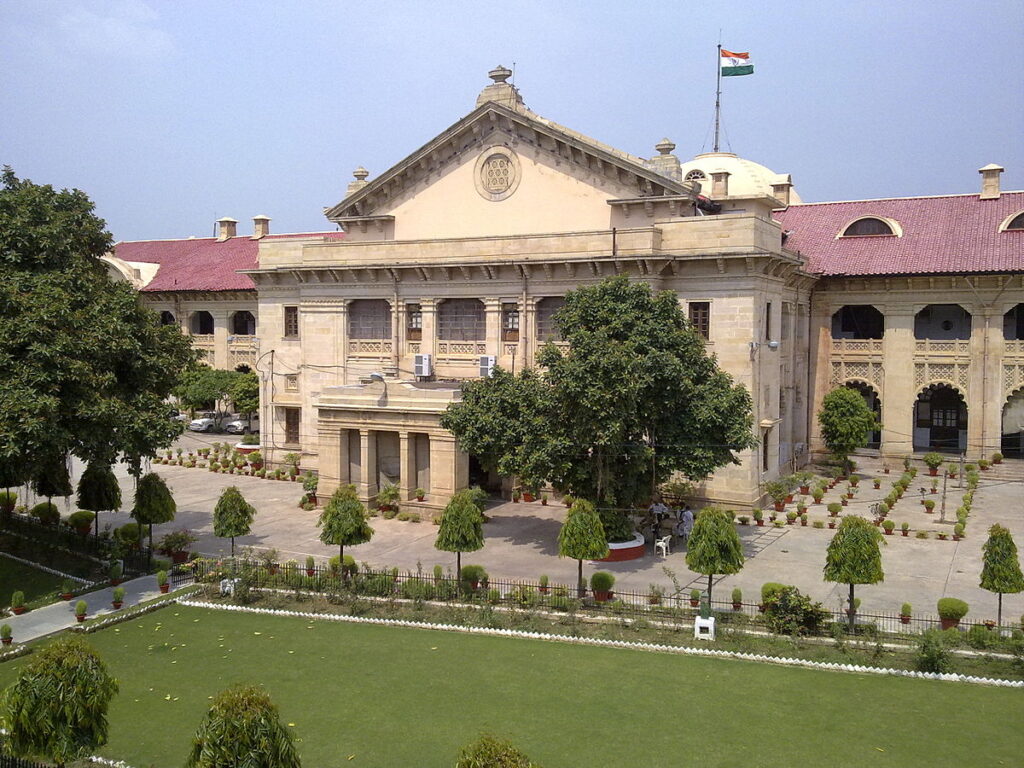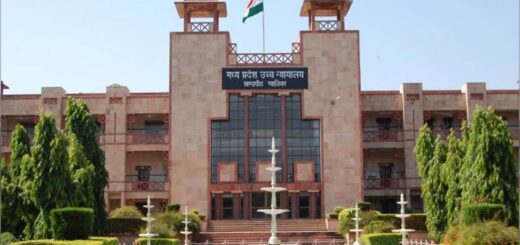ASI informs the court that its officials were previously denied access to Sambhal Mosque and that changes have been made to the structure.

The Archaeological Survey of India (ASI) has submitted a statement to the Civil Court in Sambhal, indicating that the management of the Shahi Jama Masjid has refused entry to ASI officials for an inspection, creating significant challenges for them. This statement, which is available to Verdictum, was filed by Superintending Archaeologist Vinod Singh Rawat from the Meerut Circle of ASI on November 28, just before the Supreme Court reviewed a related petition. The affidavit mentions that ASI is unaware of the current condition of the Shahi Jama Masjid in Sambhal district, Uttar Pradesh, which has been a protected monument since 1920, due to the restrictions on their access.
This affidavit is part of a lawsuit initiated by Advocate Hari Shankar Jain in the Civil Judge’s Court in Sambhal. On November 19, the Court issued an ex-parte order appointing an Advocate Commissioner to survey the mosque, which took place the same day. Earlier that day, another civil suit was filed in the same court, seeking an injunction against the mosque’s management to prevent any obstruction to access, with the plaintiff referring to the site as a temple. The affidavit states, “The situation is also very tough for ASI. Even ASI officers were not permitted to enter the monument for inspection. However, with support from the District Administration, ASI conducted inspections of the monument periodically.” It notes that the last inspection occurred on June 25, 2024, with the previous one in 1998.
The affidavit claims that there were objections from the ASI team regarding the inspection and visit to the monument, but the ASI continued with the inspection and took action against those who violated rules. It mentions that while the situation at the monument is not ideal, whenever a violation is reported, the local ASI office has filed complaints with the police and issued show cause notices to the offenders. The affidavit also notes that the mosque’s management committee has made various changes to the monument, and an inspection in June 2024 documented some of these changes. An attachment to the affidavit includes photos of the mosque, both inside and out, showing comparisons of the alterations made over the years.
The affidavit points out that there were restrictions on the ASI team’s entry, stating that “the current status and additions made are unknown to ASI,” making it hard to determine if there are violations of the Ancient Monuments and Archaeological Sites and Remains Act of 1958. Regarding the alleged changes to the mosque, the ASI states that whenever modern interventions were observed, complaints were filed with the local police, and show cause notices were issued to those responsible. It further emphasizes that according to Section 18 of the 1958 Act, the mosque, as a protected monument, should be open to the public.
The Supreme Court, on November 29, instructed the mosque management to approach the Allahabad High Court to contest the Civil Court’s order for a mosque survey. It also requested the Civil Court to pause any actions until the High Court reviews the case. The Court ordered that the report from the Advocate Commissioner be kept sealed and not opened. During the session, Chief Justice of India Sanjiv Khanna urged the Sambhal district administration’s lawyer to maintain peace and neutrality, stating, “You must ensure nothing goes wrong.” The Bench made it clear that it has not taken a stance on the case’s merits and will keep the current Special Leave Petition pending while the High Court considers the issue.








